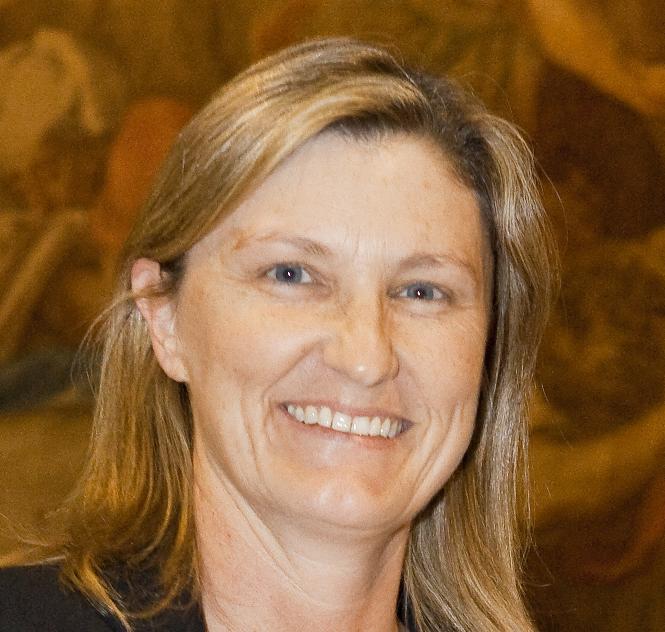
PROJECT SUMMARY:
The specialised care of brain tumour patients is generally undertaken at tertiary, centralised hospitals, often in a multidisciplinary outpatient clinic, at regular appointments. Distance, disability, and the inability to drive due to seizures can make this episodic and centralised approach to care inadequate. Similarly, attendance at patient support groups and the ability to share experiences, may be difficult.
We aim to build an online therapeutic community to overcome these barriers, allowing people with brain tumours to connect with their treating team, other patients and educational resources. Elements of the platform will include on-line access to the treating team, including for advice and remote appointments and the ability to connect with other patients for support through social media.
In the first part of this project, we reviewed the literature to assess the evidence for benefit from on-line interventions for people with cancer. We found surprisingly little information despite many described platforms and in some cases evaluation had shown the platform to be of no benefit, or even harmful. Therefore, a second phase is planned, made possible by the generous support of The Brain Foundation. We will undertake a detailed needs assessment survey of hundreds of people with brain tumours through The Royal Melbourne Hospital, linking it to quality of life measures to allow rational design of our planned platform. This will be an important and unique approach, as most on-line resources for cancer patients are developed without their input.
With this valuable information, we will seek further funding to build the online community and rigorously assess its benefit in a randomised trial. We aim to help people with brain tumours enjoy a better quality of life, by bringing them closer and more conveniently to their treating team, their fellow travelers on the journey and quality information.
RESEARCH OUTCOME:
We surveyed 201 brain tumour patients at the Royal Melbourne Hospital. We found that our population was isolated, both by distance, (34% lived >50km from the hospital), and functionally, with 46% of patients unable to drive, 36% not partnered and 58% not working, making this group ideal for online resources. We found that most patients used the Internet (86%), and many of those (72%)
used social media. Importantly, 43% of Internet users were turning to social media specifically for information, communication, interaction or problem solving related to their brain tumour. The majority of patients used social networking sites (33%), wikis (28%) and blogs (13%) for this purpose.
Patients preferred privacy and flexibility, and valued when a health professional contributed to the social media site. They reported subjective benefits to daily functioning and activities from social media use, however no difference in objective quality of life measures was found between social media users and non-users. This study is the first to examine Internet and social media use in disease management for brain tumour patients. By examining the preferences of our patients, we have created recommendations to direct design of future online communities and interventions for this vulnerable population.



 The Brain Foundation is the largest, independent funder of brain and spinal injury research in Australia. We believe research is the pathway to recovery.
The Brain Foundation is the largest, independent funder of brain and spinal injury research in Australia. We believe research is the pathway to recovery.